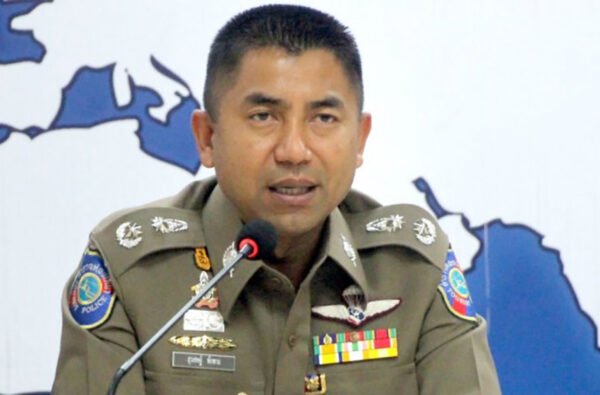Surachate Hakparn, Thailand’s most well-known crime fighter, has openly claimed that one-year retirement visas and extensions of stay are plagued by outdated procedures and unethical activities. The deputy national police commander told the Bangkok Post that the criteria to hold 800,000 baht in a Thai bank or its equivalent in annual international remittances was too low because it failed to filter quality applicants. According to Police General Surachate, “window dressing” of applicants’ bank accounts was a severe issue, as visa agents and even some immigration authorities collaborated by providing short-term “loans.”
He went on to say that he will suggest to the new Thai Cabinet that the 1979 immigration act be repealed, as it still affects some visa processes.
Surachate did not elaborate on his policy recommendations for retirement visa extensions, other than to emphasize that the entry hurdle was set too low and was too readily avoided. The context of his discussion was the critical significance of removing foreign motorcycle gangs from Pattaya, Phuket, and Koh Samui in particular. Sociologists refer to this method as “deviancy amplification” since it emphasizes one specific criminal issue in order to justify policy action against a much larger range of people in society.
The words of Police General Surachate have struck a chord because he is a former commander of both the tourist police division and, for a little while in 2018-19, the immigration office. Over the last few years,
There have been isolated attempts to toughen the bureaucracy for retirees, such as requiring medical insurance for some visas and extensions – most notably the “O/A” retiree option initially issued by a Thai embassy – and checking bank books three months after an annual extension is granted. However, the efforts were mainly insignificant.
Although there are several visas available for single or retired retirees, including Elite, Long Term Residence, and Spouse options, the annually renewable retirement visa issued by the immigration bureau is by far the most popular due to its low cost and ease of availability for foreigners over the age of 50.
However, policy adjustments, if any, are unlikely to materialize in the public domain for many months. Concerns have already been expressed about “throwing the baby out with the bath water.” Most Thai retirees are elderly guys aged 65 to 90 who have no desire to join a foreign mafia or even ride a motorcycle. Except maybe to go to the pub.




